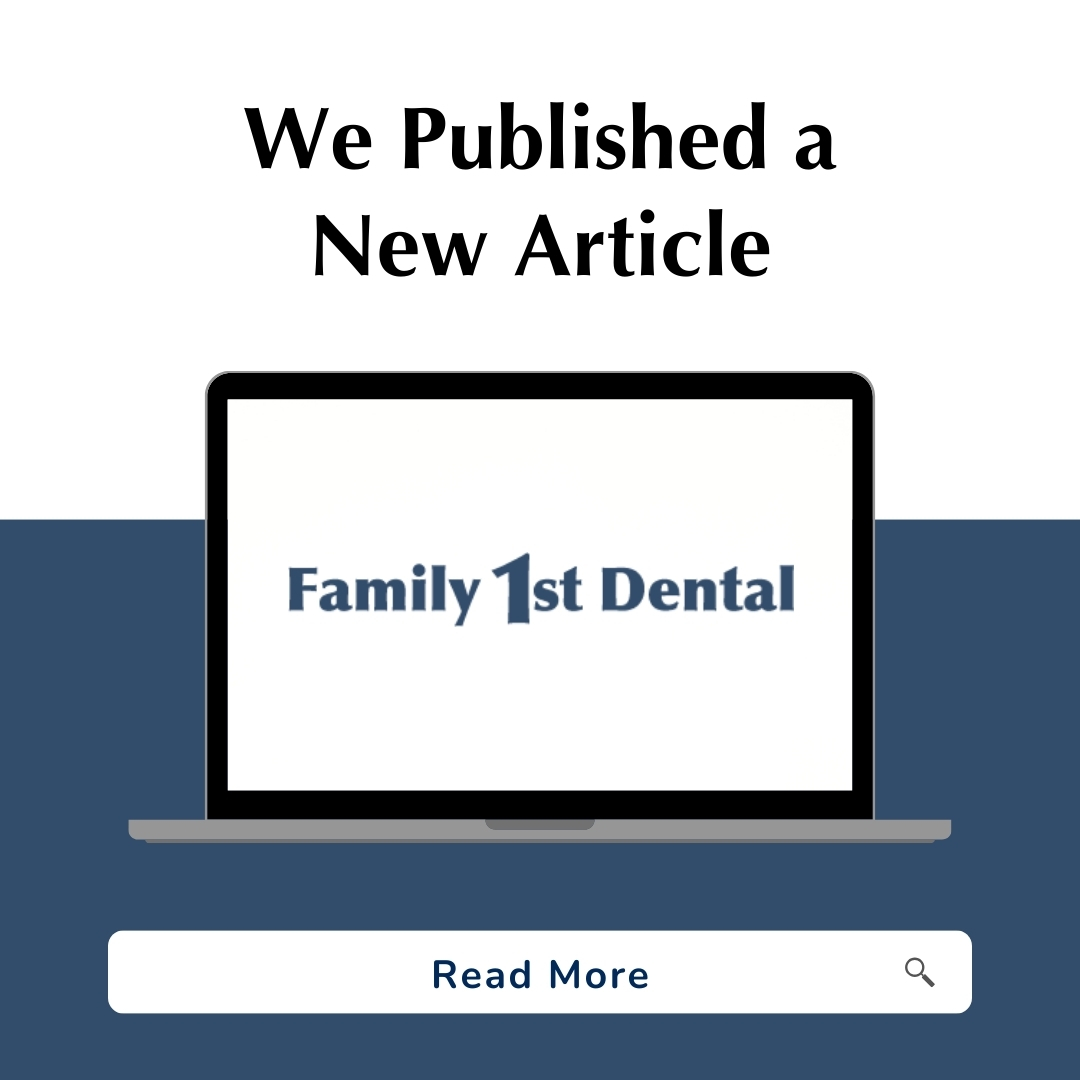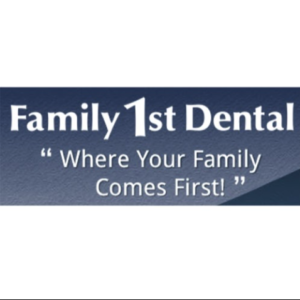
Periodontal disease, also known as gum disease, is a significant oral health concern affecting the supportive tissues around your teeth. It arises due to the buildup of bacteria and plaque on your teeth and gums, leading to inflammation, bleeding, and potentially tooth loss. Let’s delve into the signs of periodontal disease so you can detect them and take proactive steps to preserve your oral health.
Bleeding Gums: One of the primary signs of periodontal disease is bleeding gums, especially during brushing or flossing. This occurs due to gum inflammation, making them more prone to bleeding.
Swollen or Tender Gums: If you experience swollen or tender gums, it could indicate periodontal disease. The inflammation associated with the condition can cause discomfort and sensitivity in your gums.
Persistent Bad Breath: Halitosis, or bad breath, often stems from bacterial buildup in the mouth. In cases of periodontal disease, bacteria thrive in pockets between your teeth and gums, resulting in foul breath odor.
Gum Recession: As periodontal disease progresses, it may cause your gums to recede or pull away from your teeth. This exposes the tooth roots, leading to increased sensitivity and other potential issues.
Loose or Shifting Teeth: Advanced periodontal disease can weaken the bone and tissue supporting your teeth, resulting in tooth looseness or movement. If you notice your teeth feel loose or seem to shift, it could be a sign of gum disease.
Presence of Pus: In severe cases, periodontal disease may lead to pus formation between your teeth and gums, indicating a severe infection that requires immediate treatment.
If you observe any of these signs, it’s crucial to schedule an appointment with your dentist promptly. They can assess the health of your gums and teeth and recommend appropriate treatment to prevent further damage and enhance your oral health.
Treatment for periodontal disease may involve scaling and root planing, a deep cleaning procedure to remove plaque and tartar from your teeth and gums. In severe cases, surgery may be necessary to repair the damage caused by the disease.
In summary, periodontal disease demands timely attention and treatment to safeguard your oral health. Schedule regular dental check-ups and cleanings, and maintain good oral hygiene practices at home to keep your teeth and gums healthy and resilient. Contact our dental office in South Sioux City today to schedule an appointment and prioritize your oral health.








